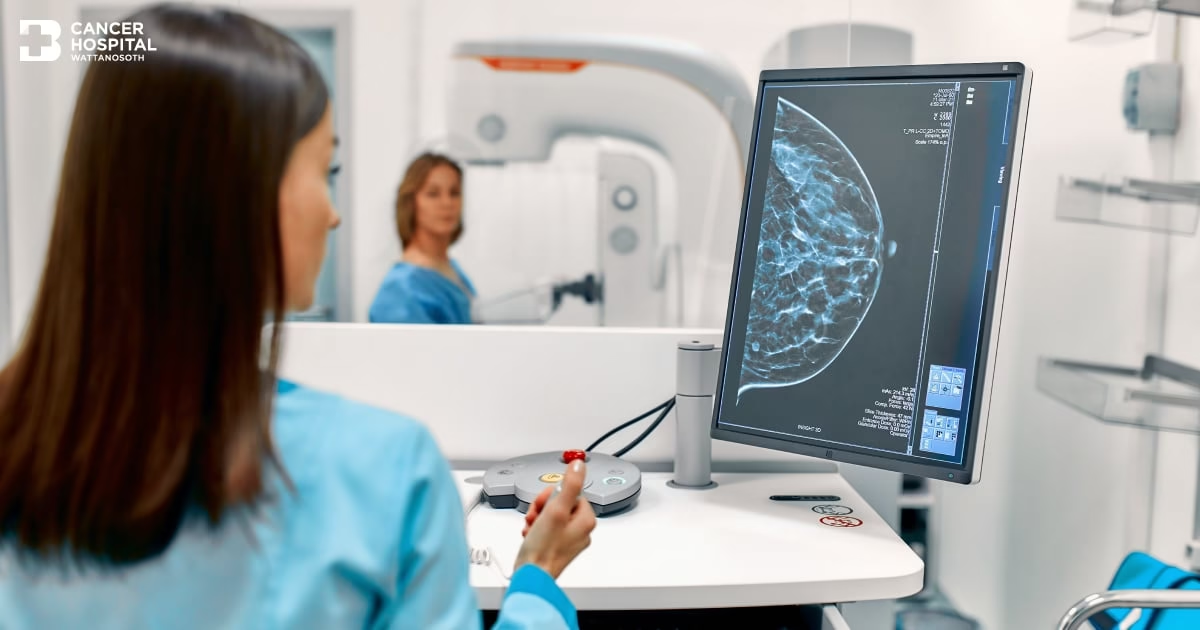Radiologists who used artificial intelligence (AI) assistance while reading mammograms showed improved accuracy and a sharper focus on suspicious areas, according to a new study published in the journal Radiology.
The research, led by Jessie Gommers from Radboud University Medical Center in the Netherlands, used eye-tracking technology to monitor radiologists’ visual search patterns while interpreting mammograms—with and without AI support. The study involved 12 radiologists reviewing scans of 150 women, half of whom had breast cancer.
Mammograms are one of the most effective tools for early detection of breast cancer, which significantly increases the chances of successful treatment. While previous studies have shown AI can enhance cancer detection, this study is the first to analyze how it influences radiologists’ behavior during the review process.
Using a specialized camera setup, researchers tracked exactly where and how long radiologists focused on specific parts of mammogram images. Results showed that with AI support, radiologists spent more time on areas containing lesions and were more accurate in identifying breast cancer—without spending more time overall on the screenings.
“Radiologists seemed to adjust their reading behavior based on the AI’s level of suspicion,” said Gommers. “Low AI scores reassured them, allowing quicker review of normal scans, while high scores prompted closer inspection of subtle or complex cases.”
Crucially, the study also emphasized the importance of training radiologists to interpret AI suggestions critically. Gommers warned that overreliance on AI could lead to unnecessary imaging or missed diagnoses, even though current risks of incorrect AI information are considered low.
Going forward, the team is working on methods to help predict when AI might be uncertain about its conclusions. Still, the study supports a growing consensus: AI, when thoughtfully integrated, can significantly enhance both performance and efficiency in breast cancer screening.



